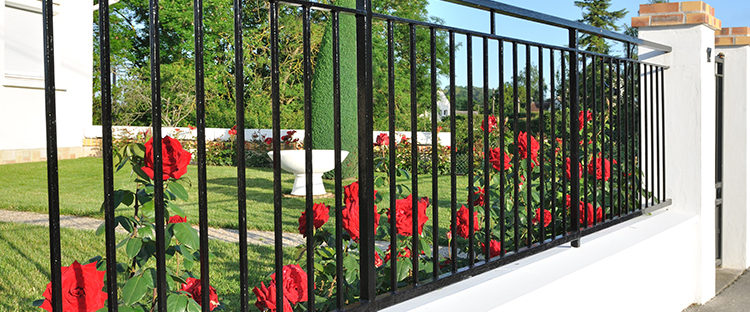(Sober Roommates and Successful Sobriety)
Contributed by a client of Tharros, 4 months into his stay (December 2016)
Where addiction takes us
As people in recovery from addiction, time and time again, we hear harrowing stories of desperation, loss, and spiritual deprivation. Often, the inherent pain suffered by an active user, before recovery, exceeds that of the average person’s worst nightmare. Complimenting the overarching theme of hopelessness and despair, one common thread in the active user’s story is that of isolation and pervasive loneliness. More often than not, the turning point in numerous stories of addiction is when the substance enthusiast morphs into the solitary pill popper, drunk, drug abuser, or addict.
Why sober community
Combatting isolation is a driving force for the creation of sober living/sober houses. These homes often place emphasis on promoting spiritually, physically, and emotionally progress in sober surroundings as a crucial component of successful long-term recovery. The first safeguard against relapse, as is often underlined in the program of Alcoholics Anonymous, is the openness and willingness to reach out to others in recovery and expand a network of sober support that alleviates isolation and accentuates a sense of camaraderie in the battle against addiction. Living in a sober house, or at the very least living with a sober roommate or roommates, makes this extremely accessible, as finding sober entertainment, sober events, and sober jobs becomes about as painless and effortless to find as substances, confusion, and chaos once were to the standard addict.
What happens in a sober home or sober living
Experiences as insignificant as casually sharing past histories of use, talking about the struggles of sober dating, or simply distracting one another from the periodically overwhelming fixation of chemical dependence for spiritual maladies are just a few of the many blessings and advantages of living in a setting of fellow sober minded people.
My experience at Tharros in Lexington MA
In my personal experience, within weeks of entering Tharros House, I recognized the magnitude and significance by which having a fellowship of sober friends provides the definitively lonesome subconscious of my addict mind, a sense of immense spiritual and social relief. As time progressed, the bonds of the men in the house grew, cultivating a sense of wholeness, and an irreproachably guilt and shame free elevation of my self-esteem. The house morning meetings, ping pong tournaments, the bi-weekly bowling gatherings, the Sunday night dinners all constructively snowballed, compounding a positive growth in my confidence, and belief in my peers. It re-instilled a conviction in me that I was worthy of maintaining positive connections, of having faith in those who I entrusted to support me, of finding socially, intellectually, and intangibly meaningful and liberating connections, but most importantly of enjoying the basic elements of life all entirely substance free. Undoubtedly, the brotherhood of the men facing the struggles and triumphs of sobriety, living and breathing a substance free life together, fuses a comradeship that makes the strenuous days tolerable and the triumphant days euphoric. Thus, the urgency of placing the sober supports around oneself in the manner of a sober living environment is perhaps the single most critical key to my personal success in sobriety.
I was skeptical about sober living when it was suggested to me. At Tharros, I found a wholesome and inclusive environment, and I’ve gained much more than I could have imagined. To learn more about what we do at Tharros, click here to explore the Tharros experience.











